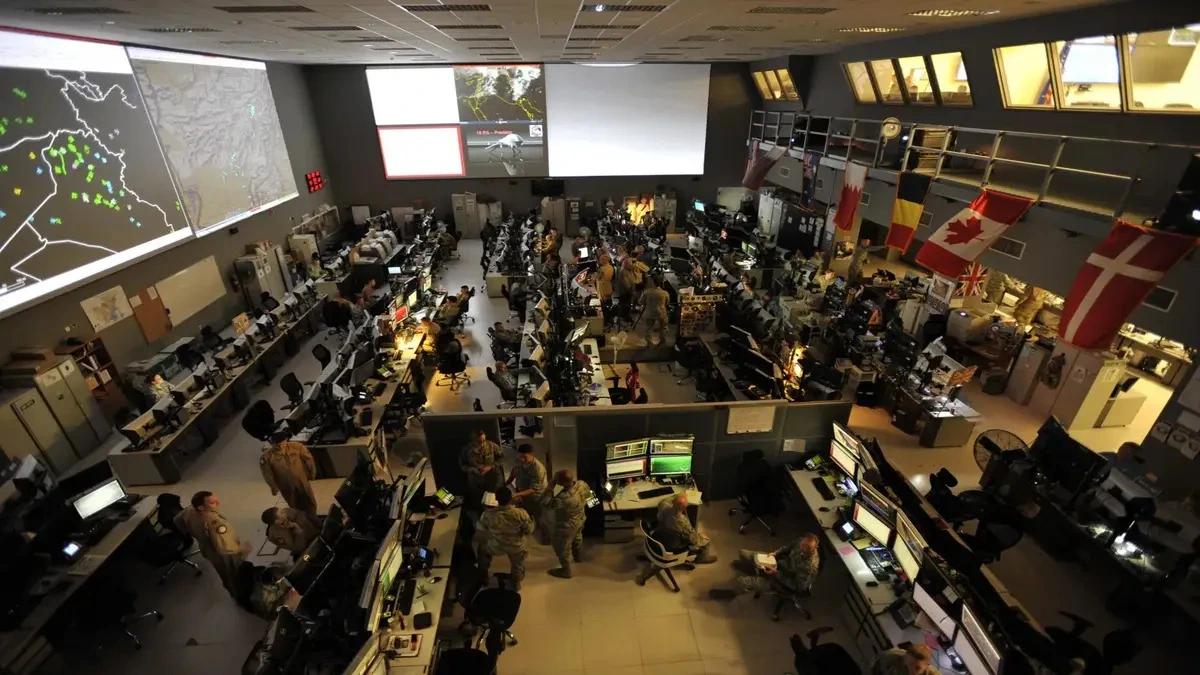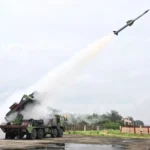“This marks the end of a meaningful journey through military service, private industry, and government leadership. I was privileged to support our mission, lead technological transformations, and stand alongside the remarkable men and women of our Air and Space Forces,” he shared in a LinkedIn post announcing his departure.
Goodwine played a key role in the department’s adoption of zero-trust cybersecurity, a Pentagon priority. His zero-trust strategy, released last year, highlighted the importance of cloud-first capabilities and the integration of identity, credential, and access management (ICAM) tools.
Goodwine, an Air Force veteran, began active service as a signals intelligence analyst in 1986 and later transferred to the Air Force Reserve in 2002, where she served until her retirement from uniformed service in 2022.
“After many years of facing complex challenges, I welcome this time of rest and reflection. Yet this is not a conclusion—only a pause. I look forward to future opportunities and new ways of serving,” she wrote.
Since August 2023, Goodwine has been guiding the Air Force as Chief Information Officer (CIO). She managed a $17 billion portfolio and fostered innovation within the Air Force. Her key efforts included the establishment of a 400-person Field Operating Agency, tasked with providing modern IT solutions to the Air Force’s 600,000 daily users.
A Career of Leadership and Innovation
In a conversation related to her 2025 Federal 100 Award, Goodwine said she feels fortunate to work with senior Air Force officials who are “committed to deploying cutting-edge technology in warplanes, increasing their lethality and readiness, reducing unnecessary IT costs, and improving enterprise-wide investments.”
Prior to assuming the CIO position, she held senior leadership positions such as Enterprise IT Director and Cybersecurity Officer in the Air Force, as well as CISO at the Department of Agriculture. She also held several other key government positions throughout her career.
Also Read: Next-Gen Space Tech in Action: X-37B Returns After Ultra-Secret Military Flight
Department of Defense Changes Policy to Support Telework and Remote Work
The Department of Defense has stated its intention to create a workplace culture that embraces remote work and telework, as well as lay the foundation for its support.
The Department of Defense recently revised its telework policy for the first time since 2012. The new guidelines are permissive and incorporate lessons learned about working outside the office during the pandemic. The biggest change is that the policy now covers both remote work and telework.
“Having a comprehensive policy now gives employees more authority to say, ‘This position is for a specific purpose, and I am qualified for it.’ It also provides protection to supervisors. If they can prove continued productivity and mission success, the policy supports their decision to grant them permission.”
The document defines telework as an arrangement where employees and service members work at an approved alternative location, but are still required to report to the office at least twice every two weeks.
This policy directs Department of Defense components to determine which civilian jobs are eligible for remote or telework based on mission requirements. Furthermore, they must inform employees about eligibility and consider telework and remote options when creating new roles or filling jobs where alternative work arrangements were not previously possible.
This guideline is intentionally flexible, allowing component leaders to design and manage telework and remote programs while adhering to broader Department of Defense regulations.
It urges components to use these arrangements to attract candidates with specific skills and retain employees who are difficult to replace.
“I believe the policy anticipates cultural barriers. It highlights how it can benefit offices without making it mandatory. The reference to increasing access to skilled talent, especially for critical roles, makes a strong case for hiring managers,” said Kate Kuzminski, director of the Military, Veterans, and Society Program at the Center for a New American Security.
Security Considerations for Remote and Remote Work
Employees and service members may telework if their duties rarely involve classified material. Those handling “inland” secret-level information will receive a secure telework device. However, anyone working with top-secret or special access program information will be required to remain at the workplace.
“Anything involving intelligence, military operations, or top-level policymaking requires secure facilities. However, the Department of Defense can explore solutions. For example, partnering with military bases to provide secure access points for remote workers who need them, or expanding infrastructure to meet future needs,” Kuzminski explained.
Pentagon Telework Eligibility Policy
The policy states that employees and military personnel may use telework if their work involves limited handling of confidential material.
Those who work with information at the “collateral” secret level will receive a secure telework device. However, employees handling highly confidential or “special access” program data cannot participate in telework or remote work.
This policy directs components to use telework and remote work as tools to attract employees with specialized expertise and retain employees who possess skills that are difficult to replace—a continuing challenge for the Pentagon.
The Pentagon emphasizes in the new guidelines that “telework is a flexibility, not a right.” Defense Department officials must meet all eligibility requirements before supervisors will approve remote work requests.
Return-to-In-Person Work Directive
On his first day in office, President Donald Trump signed the Return-to-In-Person Work Directive, which ended routine telework and remote work for federal employees.
The memorandum instructed department and agency heads to “take all necessary steps to end remote work arrangements and return employees to their workplaces full-time as soon as possible.”
In a memorandum sent to all Defense Department civilian employees on January 24, Acting Defense Secretary Robert Salesses confirmed that the department would comply with the president’s order within 30 days.
“When leaders update policies, everyone should be vigilant, remove old rules, and implement new guidelines,” Alvin wrote.
The Salesses memorandum allows agency heads to approve exemptions to the return-to-office rule, but they must provide a solid justification for each exception. Employees already covered under disability or medical benefit rules will remain exempt.
The Salesses memo states that situational telecommuting will still apply “in the event of office closures, weather emergencies, and other situations where telecommuting meets the agency’s immediate needs.”
Read More: U.S. Army Rolls Out Next-Gen RVCT Simulators to Revolutionize Soldier Training








Leave a Reply